Frequently Asked Questions
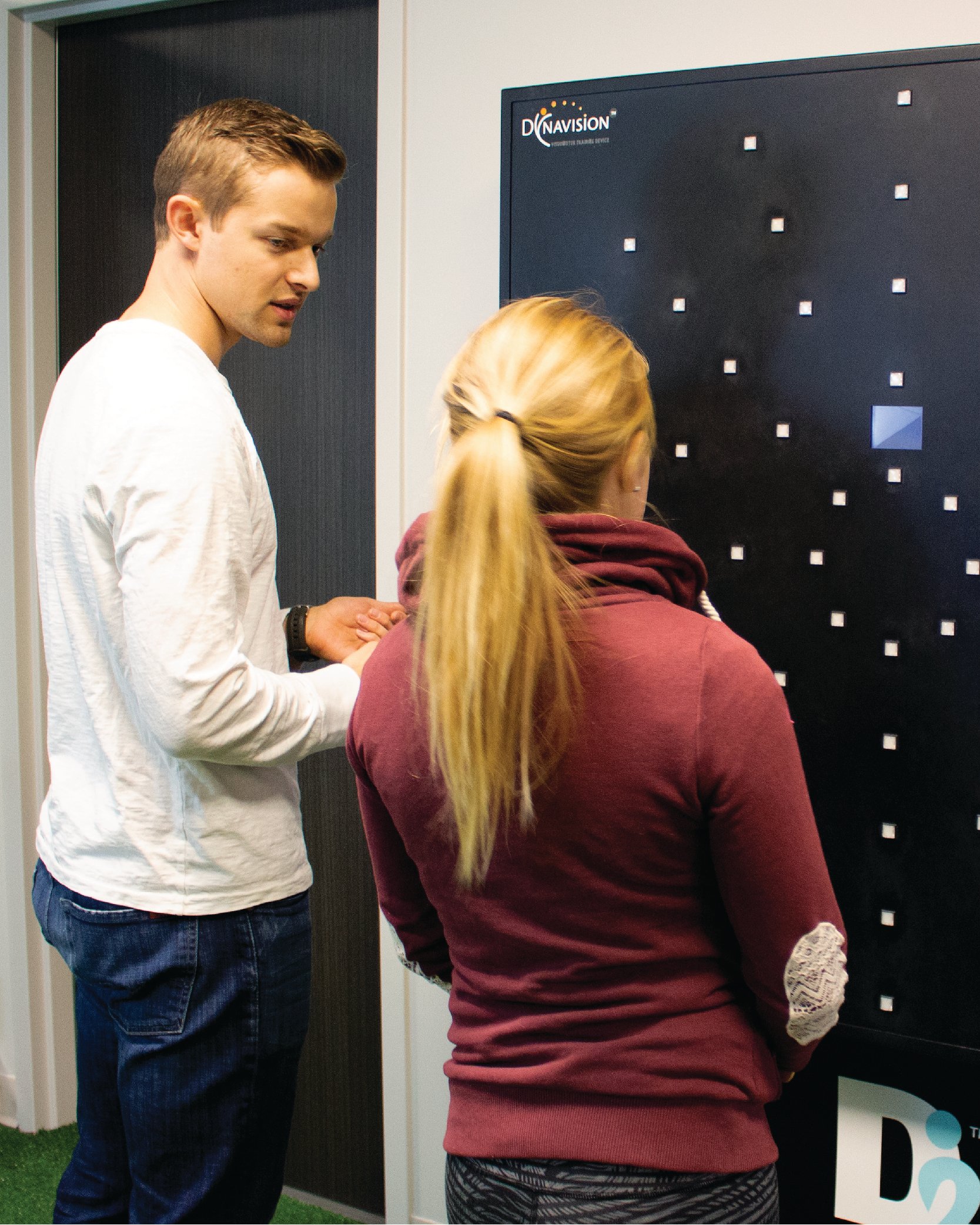
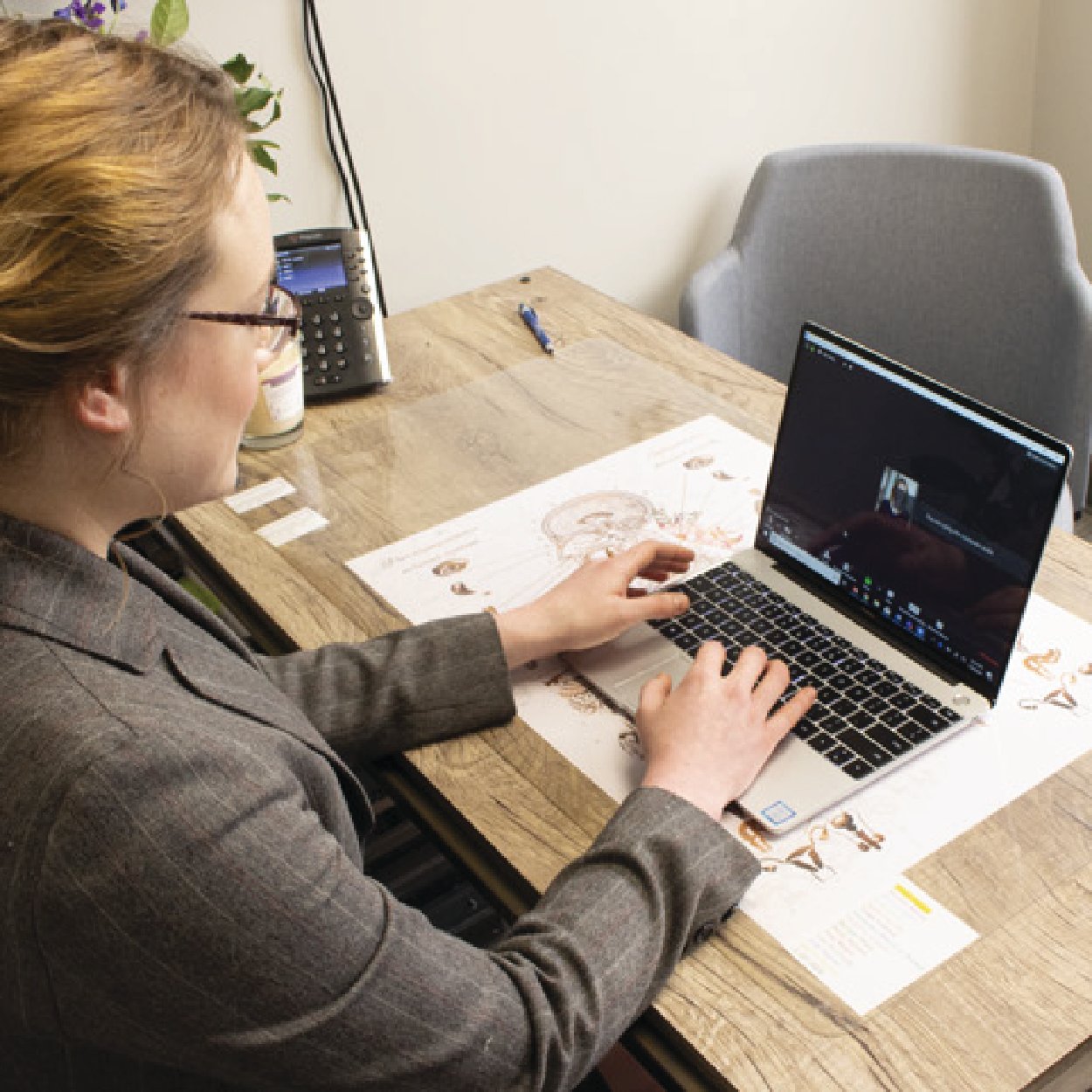
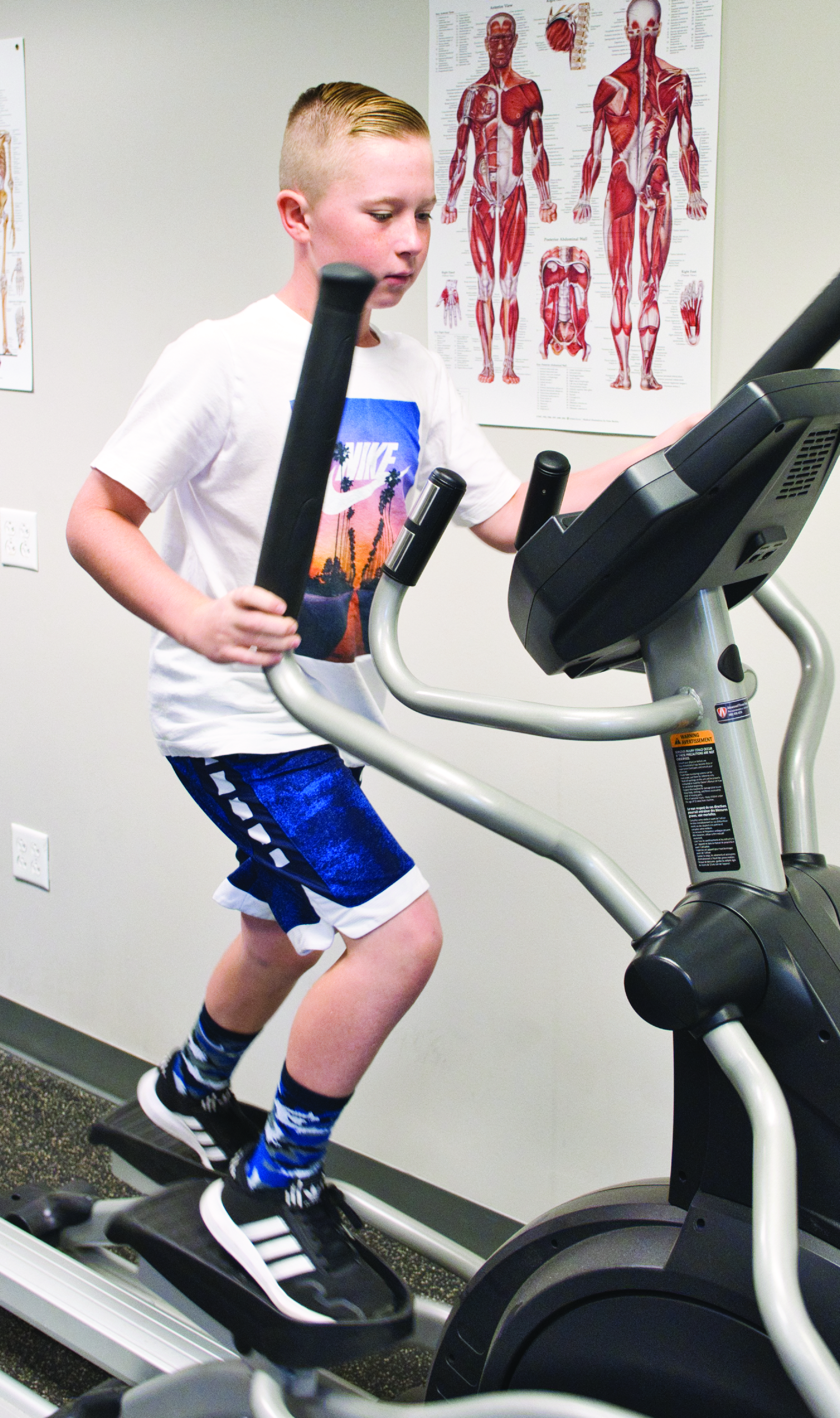
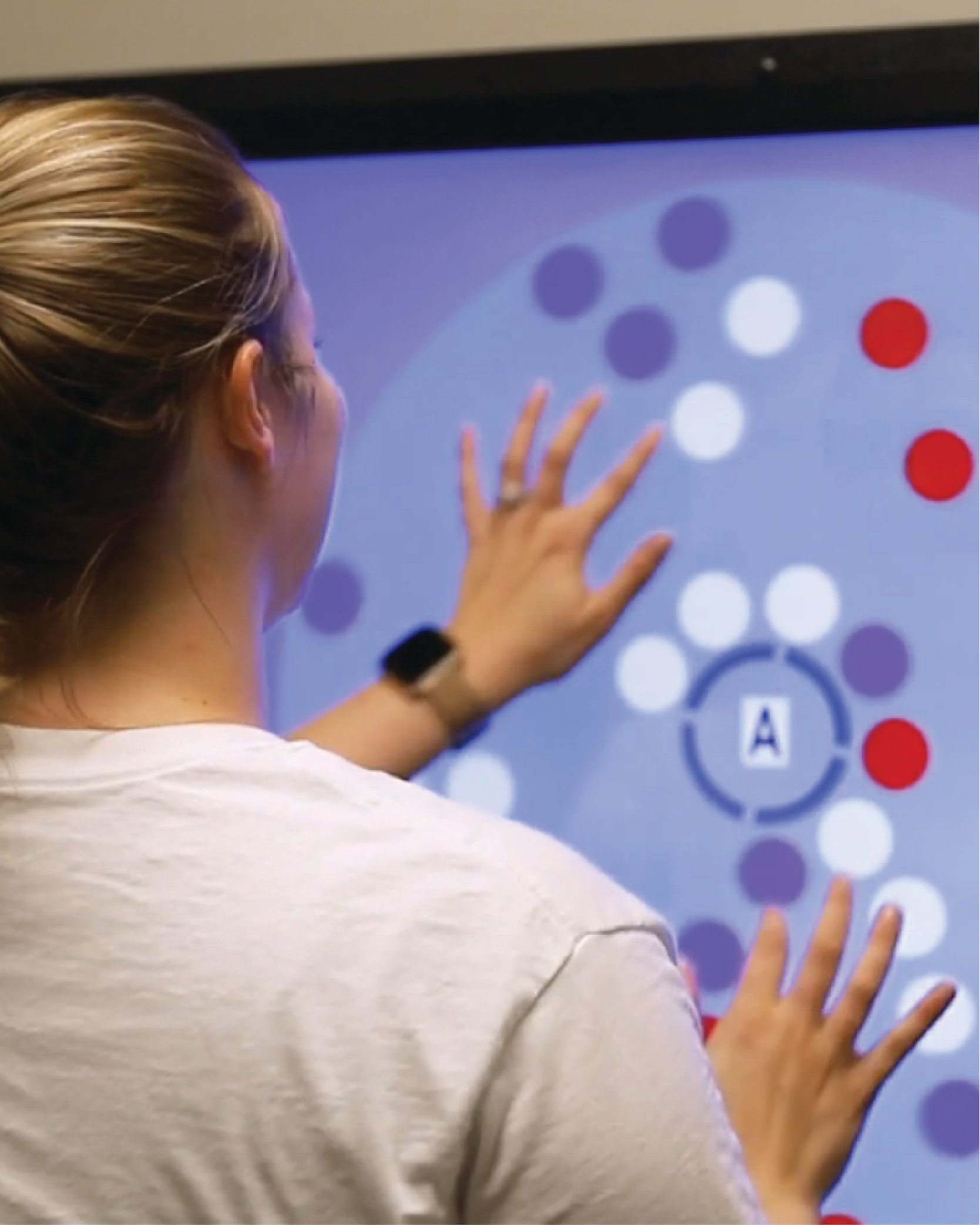
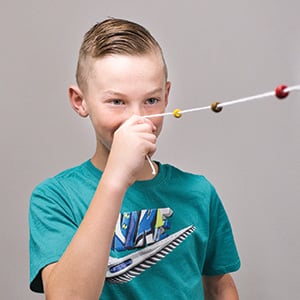
Get answers to your questions regarding travel, EPIC Treatment, functional Neurocognitive Imaging, Neurovascular Coupling, and the results of EPIC treatment





Travel Information
Salt Lake International Airport (SLC) is located 45 minutes away from Cognitive FX and provides many different flight options for patients across the country.
Provo Municipal Airport (PVU) is located in Provo about 10-15 away from the treatment facility. This is probably the best option for patients traveling from Arizona or California. Currently the only airline traveling to PVU is Allegaint Air, you will have to navigate to their website because they don’t always show up in Kayak or Google Flight searches.
If you are traveling to PVU the Marriott will pick you up and drop you off from the airport making renting a car optional. If you are traveling from SLC we recommend using one of the shuttle services we have contacts with or renting a car. The UTA TRAX and Frontrunner is another option that can get you to Orem and Provo, however you will need to find additional transit once arriving at the station.
We have arranged a corporate discount with the local Marriott Residence in Provo. We currently recommend that all of our patients stay with them because their staff is familiar with our program and provide excellent service. They can transport you to and from our facility each day in their shuttle and they also provide groceries in your room before you arrive.
Provo is an awesome area, with lots to do for everyone. Check out our travel page for more information here
About EPIC Treatment
During your treatment you will be in back-to-back appointments, leaving no time to participate in other activities while at the clinic. Due to the intensive nature of EPIC Treatment, it is highly recommended that you do not participate in either work or school for your weeks of treatment.
Every individual circumstance and the medications each patient takes are different. During your consultation, we will address your needs individually and give you our specific recommendation. Do not get off your medications without working with your prescribing doctor.
Every individual patient is different when it comes to their experience during EPIC Treatment. However, it is common for patients to experience ups and downs with various symptoms throughout the therapies. Our therapists and trainers are very good at helping you through any increase in symptoms. Typically, our patients leave feeling better than when they started. Occasionally, it can take a few weeks for patients to feel the differences their brain has made during treatment. When we follow-up a few weeks after treatment, once patients are established in their daily lives, they report feeling much better.
We do not recommend driving yourself to and from treatment. EPIC Treatment can be exhausting and can impact your ability to drive safely. If you are staying at the hotel we work with, they provide a shuttle service.
It is helpful to have someone with you when we review your fNCI results in your report of findings. This typically happens on your first and last day of treatment. The rest of the treatment is very focused on the patient and we do not allow others to be in the room with their loved one.
Cognitive FX works closely with a local hotel to give you special rates, along with shuttle services to and from treatment. They will also go grocery shopping for you, take you other places close by, and the hotel rooms have a kitchenette so you can cook. In your consultation, we will give you more information on how to book with them.
If coming from outside of Utah, we suggest you arrive one to two days before treatment. If you are coming from another country we encourage you to come two to three days before in order to adjust to the time zone difference. We will send your exact start time to you a week or two before treatment. Please be sure to check your email including your spam folder for this information.
On your first day of treatment, please arrive fifteen minutes early.
Typically, if your concussion symptoms have lasted for more than 30 days we encourage you to schedule a consultation. During this consultation, we will give you specific dates we have availabilities for treatment. Based on our research, we can successfully treat injuries that are anywhere from 1 month to 60 years old.
Depending on your specific needs and the choices you make during your consult prices can range from $2,500 - $25,000 check out our pricing page for more detailed pricing.
You do not need a referral to get Treatment. We do however need you to complete our new patient paperwork and to schedule a consultation. On the paperwork, we include a spot for you to put your doctor's information if you would like to share that information with us. If your doctor is requesting a report or update they can send a referral to us online or via fax at 888-511-1397.
Results of EPIC Treatment
In one week, the average improvement for all symptom categories is over 50%. The emotional category improves the most at nearly 70%. This information is based off of our averages for patients self-reporting PCSS.
People of all ages have the same ability to recover. We see little variation between age groups, although the older population has a slightly lower improvement rate. All ages improve at least 70% on average with EPIC Treatment. We usually do not treat patients below the age of 8 because of the tasks that are needed to be performed in the fNCI.
Patients experience significant improvement in symptoms regardless of the number of concussions they had. The number of concussions does not predict improvement. Although symptoms are often worse with multiple concussions, it does not affect the ability to recover.
Regardless of how long it has been since the injury, we see comparable improvement in both SIS and PCSS measures. However, patients with a long-term injury have more symptom improvement than more recent injuries. We have treated patients as soon as three weeks after injury, but we have also treated patients who were injured for more than 65 years. It is never too late to get treatment!
Patients who suffer from anxiety, and depression, or other mental health symptoms show no difference in SIS and PCSS improvement compared to those without any mental health conditions. In fact, with EPIC Treatment, the emotional symptoms people experience from an injury improve 69% in one week.
It does not matter whether the injury is caused by sports, a car accident, a fall, or anything else. The rate of improvement is the same for all injury types. Other types of injuries include domestic violence, stroke, loss of oxygen, and other trauma to the brain.
Recent studies have noted that women, on average, are more prone to receive a concussion and that they take longer to recover. Research on this topic is new, and no one has a current explanation for those findings. However, in our research, we do not measure any significant difference between male and female recovery; they both improve a similar amount in their SIS and PCSS scores. Our focus is to treat each patient individually, regardless of gender.
99% of our patients see some improvement during the week of treatment when looking at both SIS and PCSS scores. In fact, we have only ever treated one person who did not improve on their brain scan or fNCI, but their injury was not related to a concussion, it was another neurological disorder. If you are unsure if we can help you we encourage you to schedule a consultation.
About Functional Neurocognitive Imaging (FNCI)
fNCI is vital to the success of EPIC Treatment. Throughout treatment, our therapists and trainers will be targeting the areas of the brain that are hyperactive or hypoactive as measured by the fNCI.
Because fNCI is measuring NVC, and during treatment, we are addressing the cause of the injury which is dysregulation of neurovascular coupling. Treating PCS requires addressing many systems that are at the root cause of the dysregulation including NVC.
We do a fNCI scan at the beginning of Treatment and after the first week of Treatment so that we can measure improvements to NVC. Giving our patients clarity in how their brain is functioning before treatment and after treatment.
fMRI has been around for over 15 years as a research tool, with occasional use in pre-surgical planning. fMRI detects changes in blood flow while a patient is performing a cognitive task, providing a three-dimensional map of the brain regions that are used to accomplish that task. fMRI is limited in its clinical application because it is not standardized, particularly for the use of understanding neurological disease or injuries.
fNCI is an advanced form of fMRI because it uses an integrated system of fMRI development, administration, analysis, and clinical interpretation that overcomes the limitations and applications of fMRI. fNCI also has a standardize normative database making it more useful to understand concussion.
No. fNCI utilizes fMRI and MRI technology that is non-invasive and does not use any radioactive materials to see what is happening in the brain. SPECT is an advanced form of a CT scan that uses a radioactive substance to produce an image.
When you follow the full three cognitive test protocol, a complete fNCI takes around 30 minutes.
Currently, Notus is not offering this imaging at any other location. In the past, it was used in hospitals around the United States, but it is no longer available.
Notus Neuropsychological Imaging developed fNCI, and Cognitive FX uses this imaging protocol for clinical application.
Our experts use their extensive knowledge of neuroimaging and neuroanatomy and advanced software programs to process images and compare them to a normative database.
This imaging can cost anywhere from $2,500 to $5,225
About Neurovascular Coupling (NVC)
When neurovascular coupling is compromised, even slightly, brain function becomes noticeably altered. Common brain regions that are affected by poor NVC are attention, memory, balance, vision, language, and executive areas. This can cause symptoms like difficulty thinking clearly, difficulty concentrating, difficulty remembering, headaches, dizziness, balance issues, sensitivity to light or noise, irritability, and changes in sleep. These symptoms all improve or even completely dissipate as proper neurovascular coupling is restored.
Neurovascular coupling is a well-known term in the neuroscience research community. Researchers for years have been studying the mechanisms that blood supply is directed to the brain. Our knowledge of NVC comes from analyzing and applying the work of hundreds of dedicated researchers.
Neuroplasticity and neurovascular coupling are not the same things.
However, neuroplasticity is what makes it so our brain is able to compensate for the parts of the brain affected by dysregulated neurovascular coupling.
After a concussion, there are many systems in the body that can be affected. Some examples include the autonomic nervous system and visual systems. If you want to learn more about the other systems that can be affected and how EPIC Treatment can help with their rehabilitation, you can find more information on our website.
Anything that alters the ability for the neurons and vascular system to work together properly will have dysregulation with NVC. We have seen this dysregulation in patients after a stroke, along with other types of neurological disorders and injuries. There is still much we have to learn about the ways this diseases and injuries are connected to NVC.
